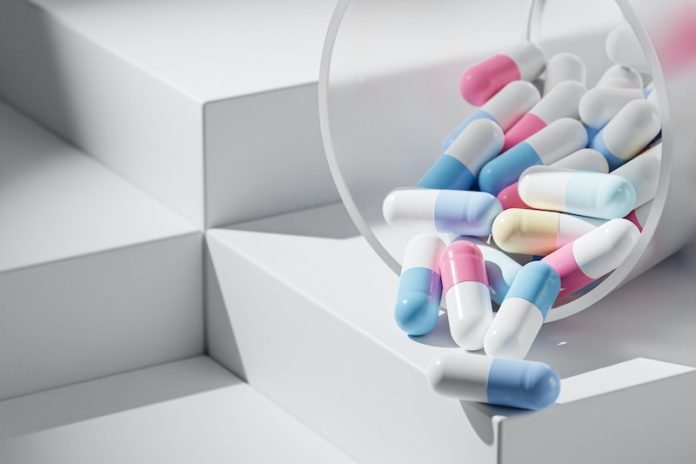
Do you know what a stroke is? It’s a medical emergency where blood flow to a part of the brain gets blocked. This can cause damage to the brain.
One particular kind of stroke is called a “lacunar stroke”. These strokes occur when small blood vessels deep in the brain get damaged and stop working.
Lacunar strokes are a big deal because they can lead to problems with thinking, memory, and movement, and sometimes, even cause dementia.
Dementia is a condition that affects memory and thinking skills. It’s like forgetting things and having a hard time understanding things.
Sadly, every year, at least 35,000 people in the UK experience lacunar strokes. Even worse? Right now, there are no effective treatments for it. But, scientists have found something that might help!
Testing Existing Heart Medicines
Researchers from the Universities of Edinburgh and Nottingham, along with the UK Dementia Research Institute, conducted an experiment.
They wanted to see if two common and cheap drugs could help people who had a lacunar stroke. The drugs are called isosorbide mononitrate and cilostazol. These drugs are already used to treat heart and blood vessel diseases.
In this study, the researchers worked with 363 people who had suffered a lacunar stroke. These people were given either one of the drugs, both drugs together, or none at all for one year.
Good News: The Drugs Seem to Help!
The results of the study were quite promising. The people who took both drugs together were almost 20% less likely to have problems with thinking and memory compared to those who didn’t take either drug.
They also were more independent and felt that their quality of life was better.
What’s more? Those who took isosorbide mononitrate had fewer strokes within one year compared to those who didn’t take the drug.
Even when taken alone, both drugs improved thinking, memory, and quality of life. Cilostazol also helped improve mood and independence.
What Happens Next?
These findings are really exciting, but we need to be careful. The scientists want to confirm these results with a larger experiment.
They are planning a four-year trial that might start by the end of 2023. They also want to see if these drugs can help with other conditions related to small vessel disease, like dementia.
Professor Joanna Wardlaw, a brain imaging expert at the University of Edinburgh, is hopeful.
She said that since these drugs are already available and cheap, it shouldn’t take too long to use them to help people with lacunar strokes.
Professor Sir Nilesh Samani, from the British Heart Foundation, also sees this as a positive step.
He believes these findings could give hope to thousands of people who suffer from lacunar strokes. Plus, this could also lead to research for other conditions related to small vessel disease.
What We Learned
In conclusion, it looks like there could be a new way to help people who have a lacunar stroke. Researchers are hopeful that repurposing two cheap and common drugs might be the answer.
Of course, we need to wait for more research. But this finding is a big step forward in the battle against strokes and dementia. Isn’t science fascinating?
If you care about stroke, please read studies that background noise may increase your risk of stroke, and MIND diet could slow down cognitive decline after stroke.
For more information about health, please see recent studies about the key to better stroke outcomes, and tea and coffee may help lower your risk of stroke and dementia.
The study was published in JAMA.
Copyright © 2023 Knowridge Science Report. All rights reserved.



